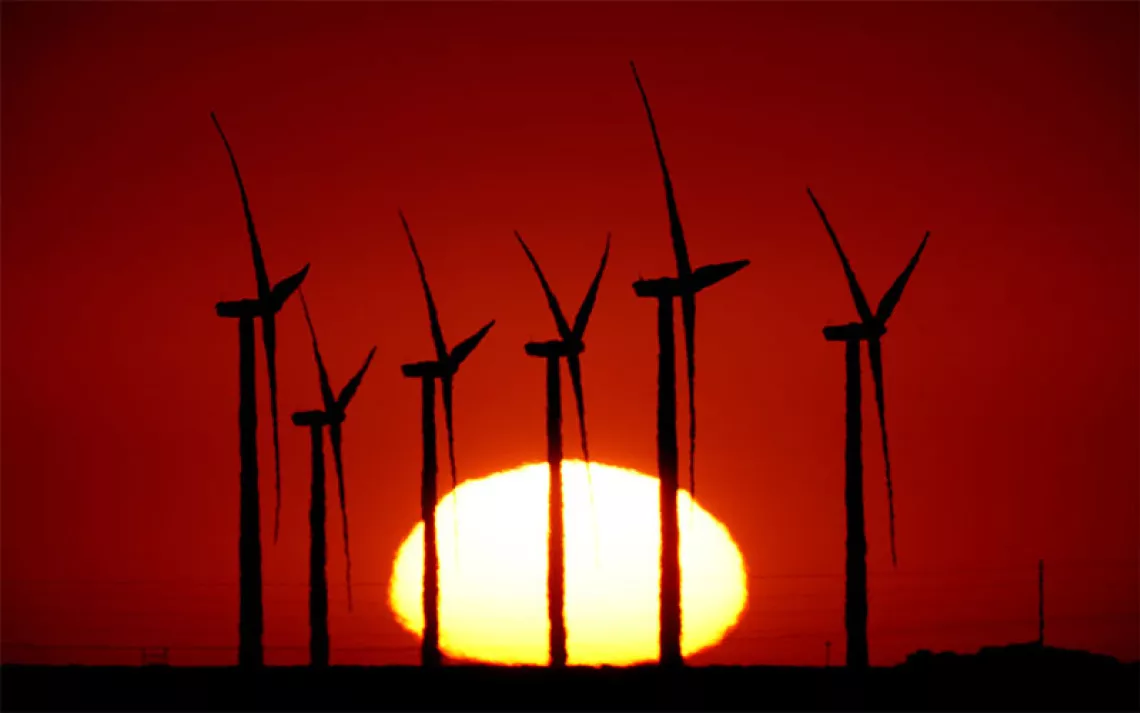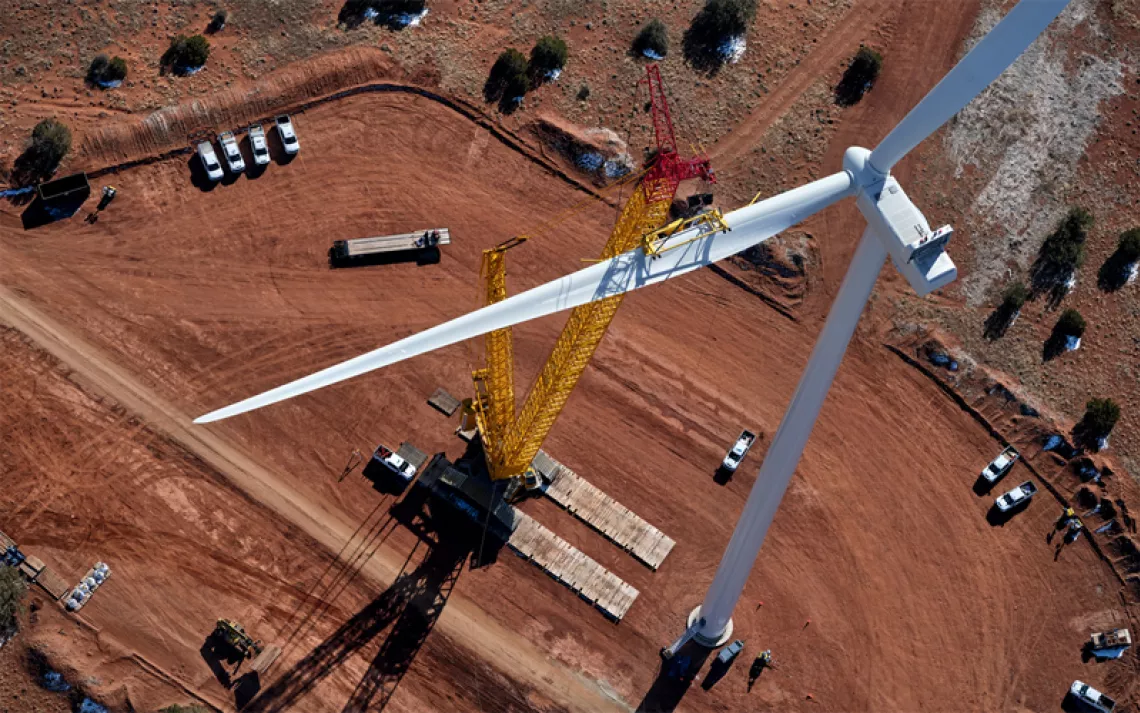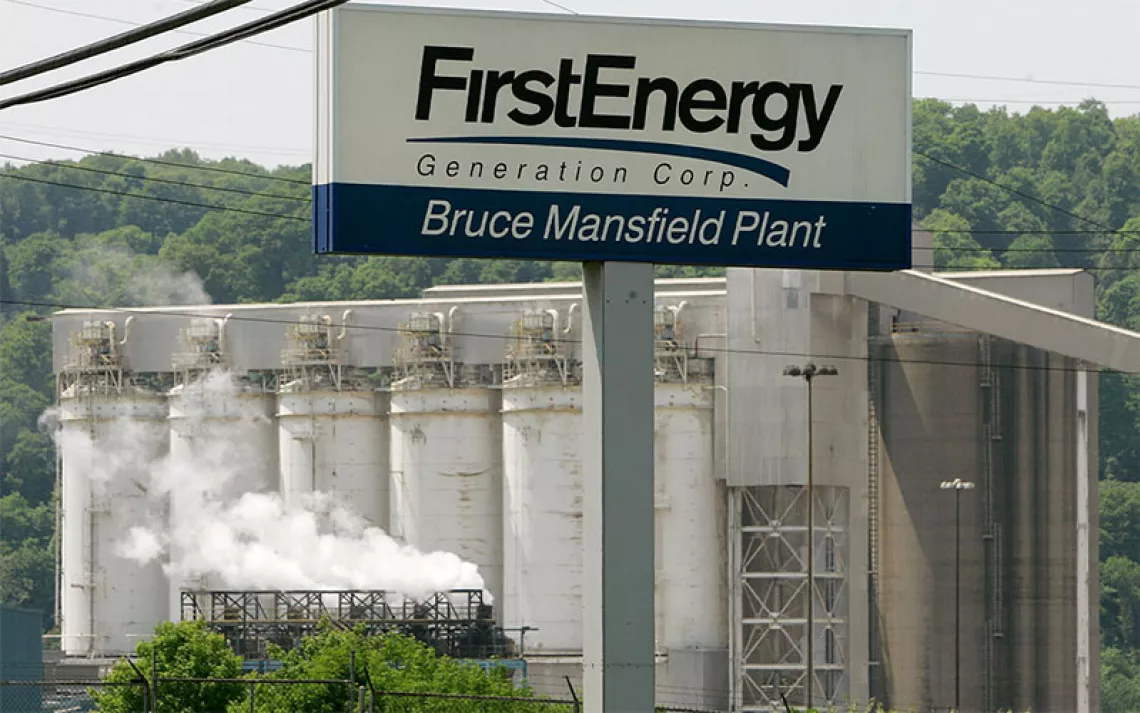Hey Mr. Green, How Can I Tell if My Power Supply is Clean or Dirty?

Photo by Himbeertoni/iStock
Hey Mr. Green,
You’re constantly harping about clean electrical energy, but how do we even know how clean or dirty our electricity actually is in the first place?
—Janet, in Washington, D.C.

Sign up to receive Sierra News & Views
Get articles like this one sent directly to your inbox weekly.
With this action you affirm you want to receive Sierra Club communications and may vote on policy designated by the Sierra Club Board.
Well, yeah, okay, I do harp a lot about the need for clean energy, simply because it’s easier on your lungs, contributes very little to global warming, and, in the long run, is good for the economy. So how do you find out about your local power supply? Well, for a general idea, go to the EPA’s Power Profiler. Just type in your Zip code and click in the box that says “View Report.” You will immediately see bright-colored bar graphs showing the sources of your power (coal, gas, hydro, nuclear, renewable) and how much global warming gas generating it emits per unit of energy. Click on a bar to get the actual percentage. Also, you can search for the “power mix” at the Web site of your local power company.
Poke around a bit and you’ll find that while we have made progress in developing clean energy, we’ve got a mighty long way to go. In California, one of the cleaner states, we still have just a bit more than 10 percent non-hydroelectric renewable power. Worse yet, in the past 30 years, some states have increased their per capita residential use by treacherous amounts—up to 40 percent. Others, most notably California, have held steady over the past 30 years, which should provide a model for other states. And, as a resident of California, I’m convinced that we could, with a bit more effort and common sense, cut our own consumption in half. For a more fine-grained idea about how your region or any other part of the country is doing, both in power consumption and alternative energy, visit the U.S. Department of Energy’s Clean Energy site. Then get active, or at least tell the climate change deniers to change their opinion before the climate changes it for them.
Finally, I urge you—I virtually beg you—to poke around here in Mr. Green’s sprawling and edifying archives for ideas on how to reduce your personal energy consumption and improve your environmental behavior in general.--Bob Schildgen
 The Magazine of The Sierra Club
The Magazine of The Sierra Club



